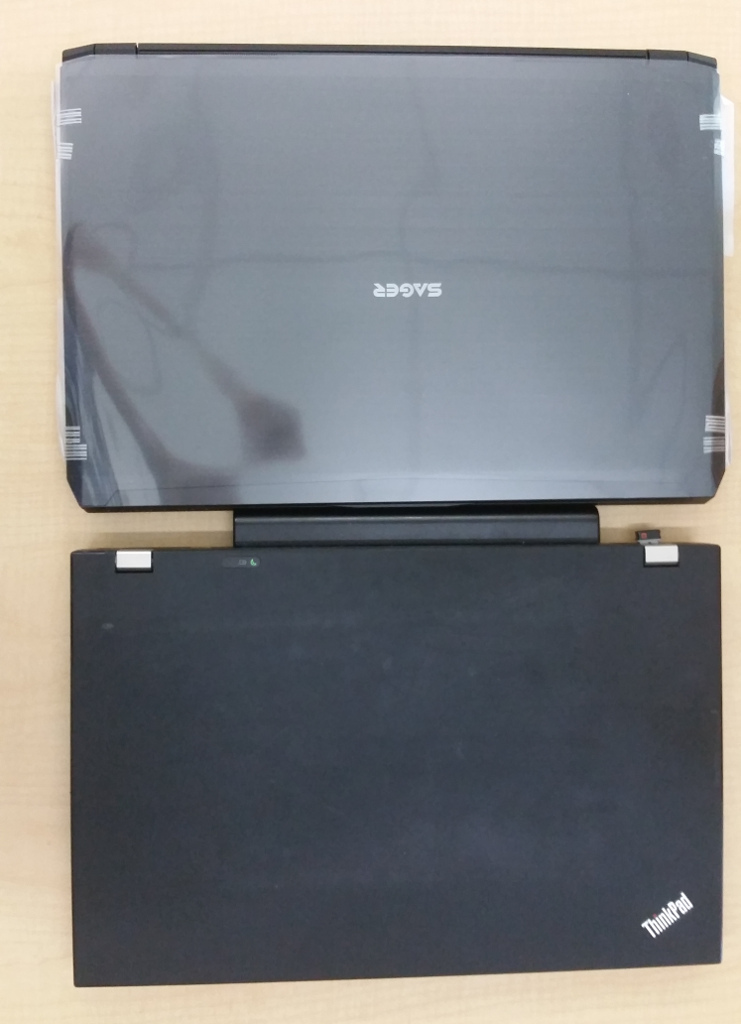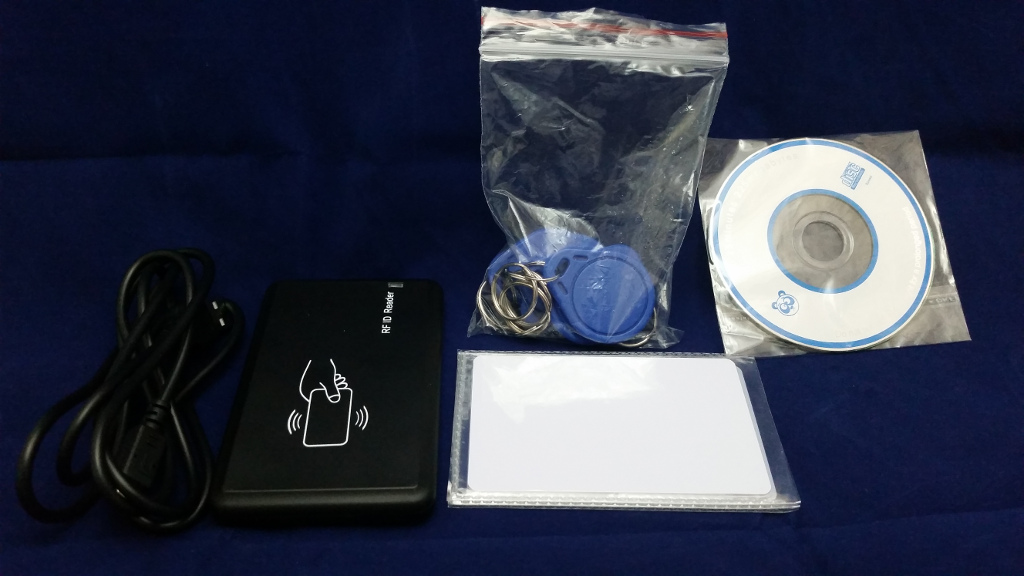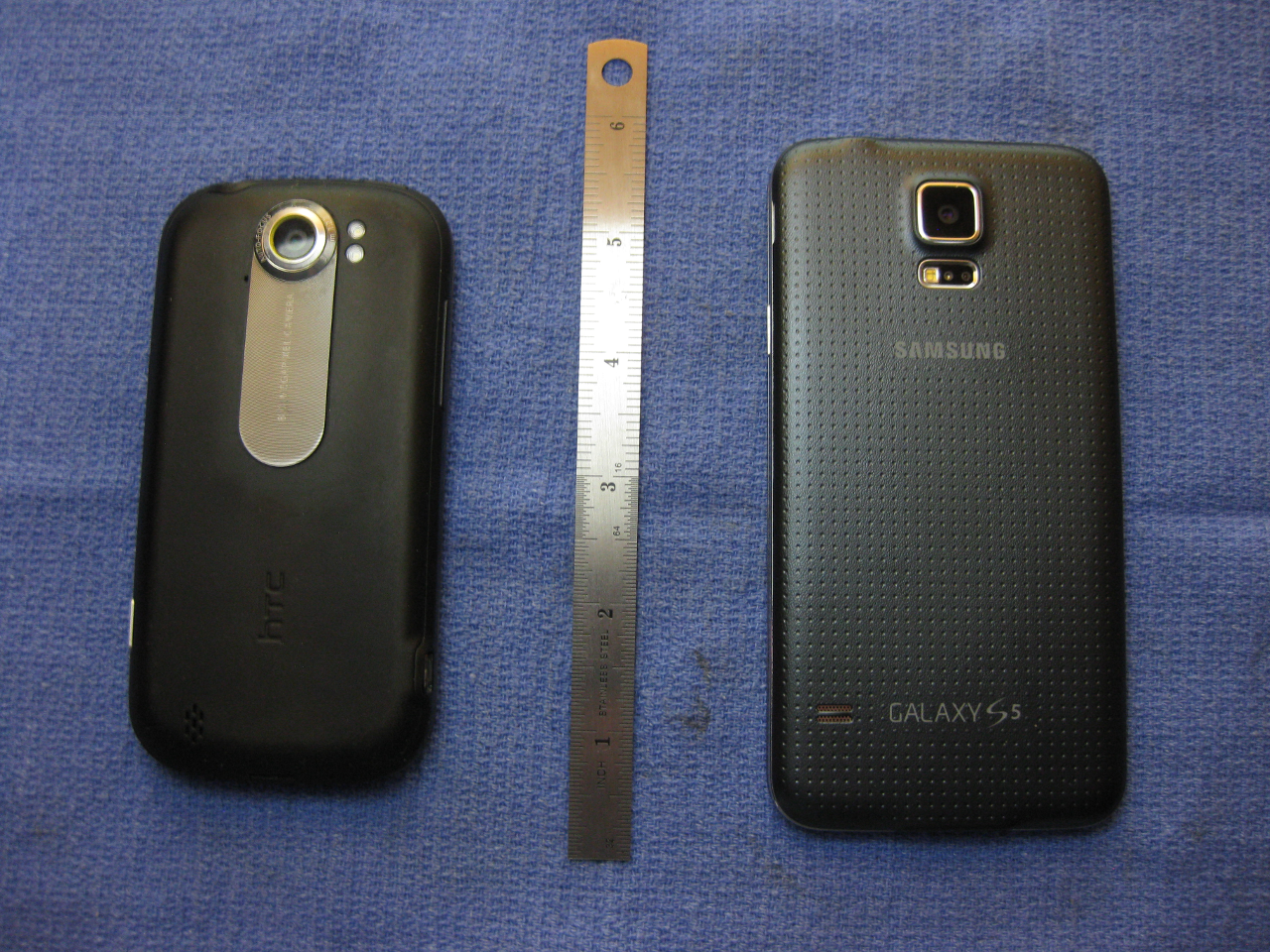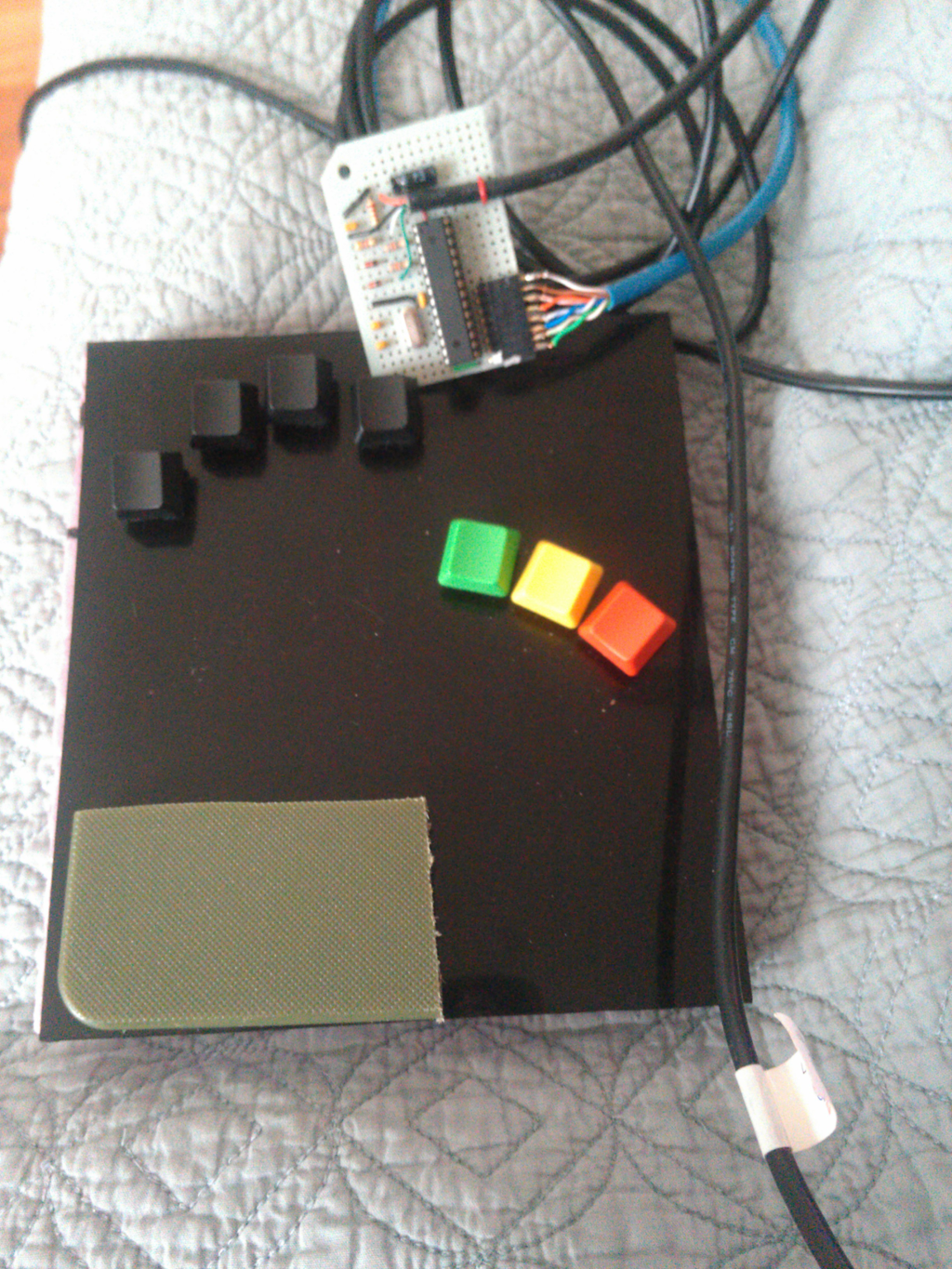Apparently a WordPress update caused some subtle breakage here a while back. The site has been spewing, among other things, a bunch of “»” escapes in places that end up encoded as XML (thus breaking, among other things, RSS feeds). I’m hoping just swapping in “»” in a couple files that I’m not entirely sure if are configs or source because PHP and WP are both terrible will be a fairly permanent fix. It looks like it might be related to the javascript-reliant emoji support that appeared in 4.2?
Also, if you have an RSS thing pointed at a non-https or www-prefix URL here, you’re generating an awful lot of redirects and might want to adjust your subscription.
Every time I look into WordPress’ ugly accreted heart I wish for an alternative that does what I want from a CMS with less awful – if I didn’t want self-hosted comments this whole thing would have been replaced with static HTML years ago. More generally, every time I look at how the web actually works, it makes me consider primitivism as a legitimate and appealing lifestyle choice.





